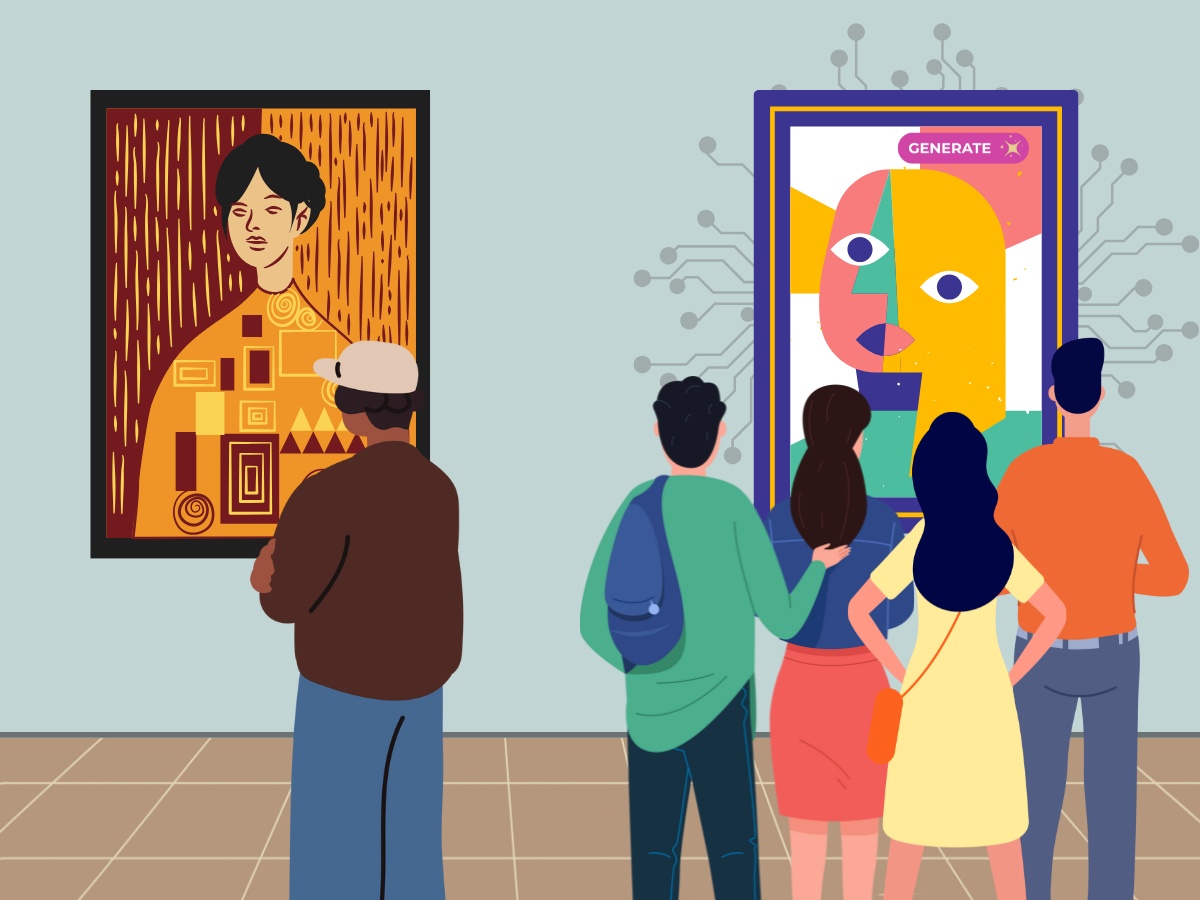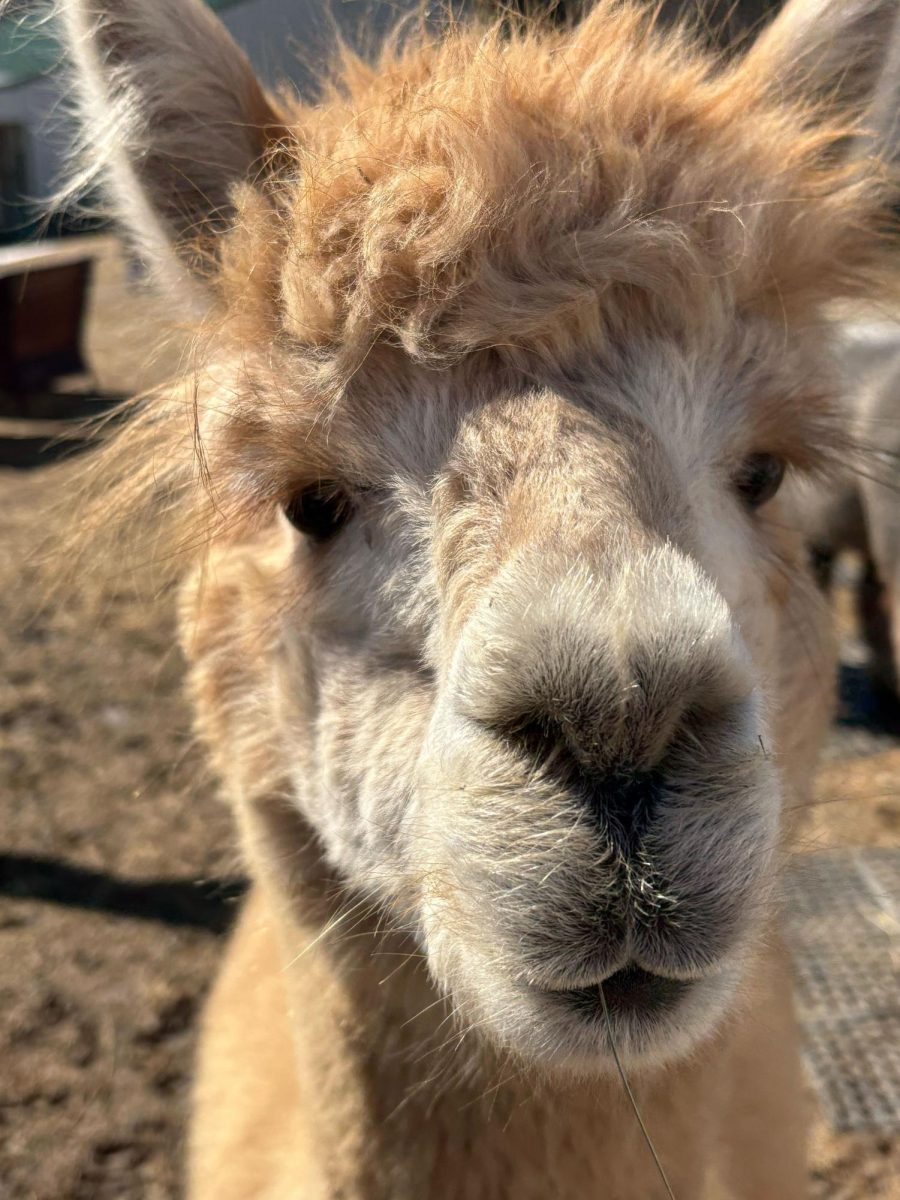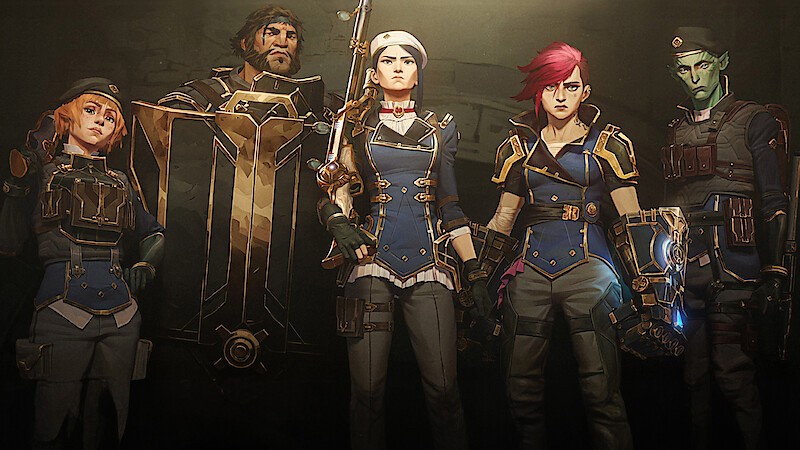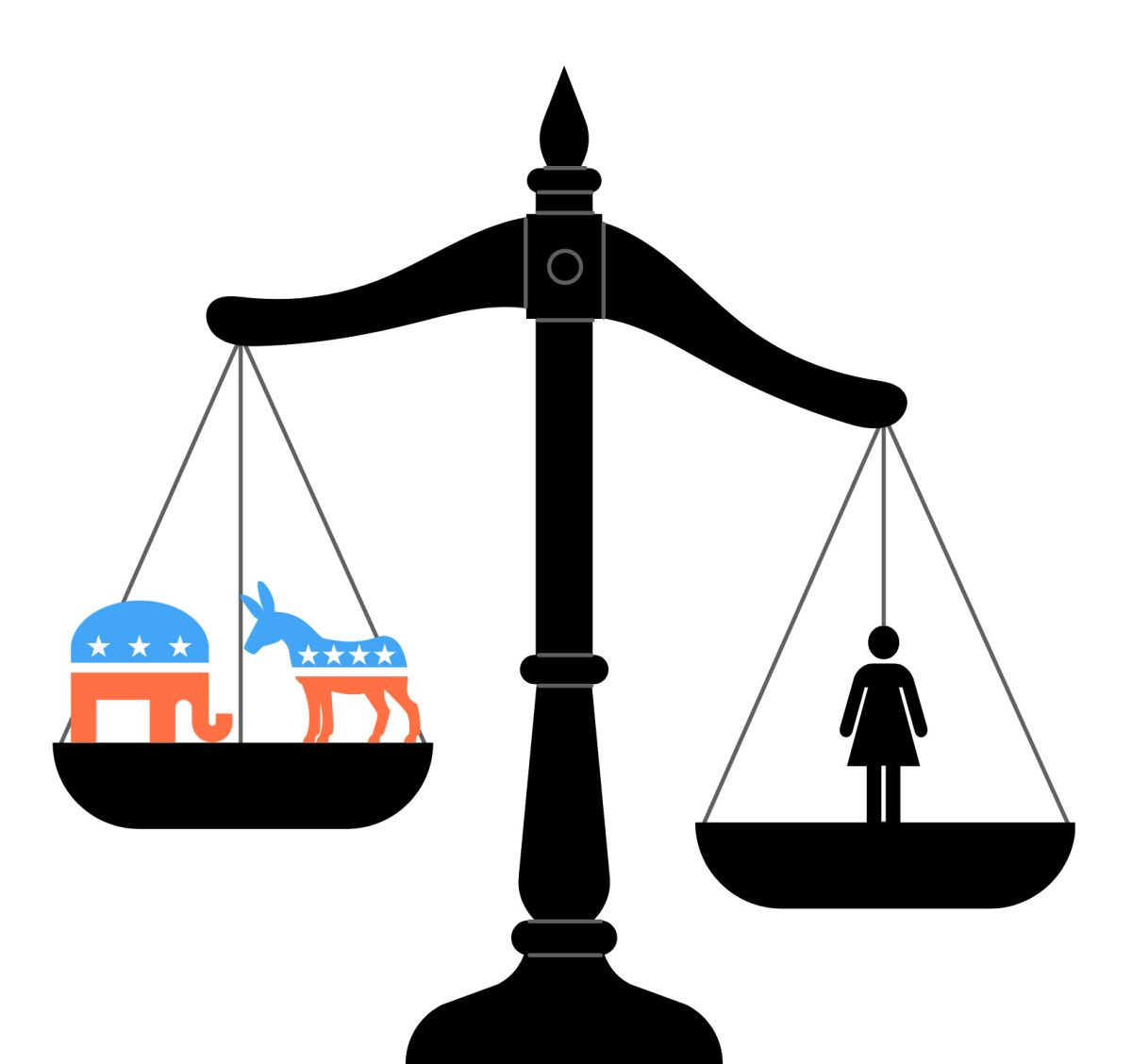Photo courtesy of Flickr user bradleypjohnson
ONLINE EXCLUSIVE BY LÓRIEN MACENULTY
Intel, the software and technology giant, recently pledged to withdraw funding traditionally devoted to high school science fairs by 2019. This decision is a continuation of Intel’s retreated sponsorship from the national Science Talent Search, a research competition the corporation had sponsored for over 17 years.
Intel has not officially justified its decision. According to news releases, Intel has recently increased support for competitions geared towards innovative engineering and software development, such as the Maker Faire events or software ‘hackathons’.
The decision kindled controversy on the role of fairs in supporting scientific creativity in fields unrelated to data and coding, such as biotechnology or chemistry.
“It’s short sighted to me,” said Charles Nelson, astronomy professor at Drake University. “What we need is exactly the opposite; more funding for science fairs that are not geared necessarily towards engineering sorts of aspects … we need broad investment in science, not just specific engineering aspects.”
Intel leaders likely viewed the issue from a marketing standpoint. So did Clare Witte, a sophomore Drake student studying accounting and information systems.
“From a business perspective, I like that they are (withdrawing science fair funding),” Witte said. “I think that coding is becoming more and more popular, and putting that funding towards coding is going to get more and more students interested in that aspect of science.”
Witte said that science fairs are “little projects like putting baking soda and vinegar in a papier-mache volcano,” and subsequently are not as worthy of sponsorship. Ben Lemay, a Drake pharmacy student, disagrees.
“I competed in Middle school science fairs,” Lemay said. “I had a really positive experience. It opened the world of science a little more to me and got me more interested in it. So I think it definitely has a positive role in our education system.”
Lemay said, however, that he is an advocate for compromise.
“I wish they could find a way to still support science fairs in high school while maybe also trying to make a push to increase more of the coding or software development that they like to see,” Lemay said.













